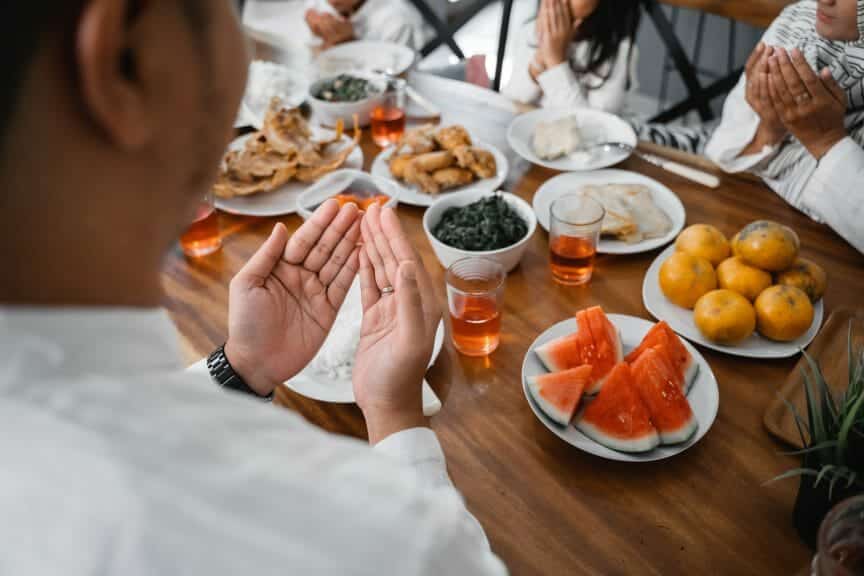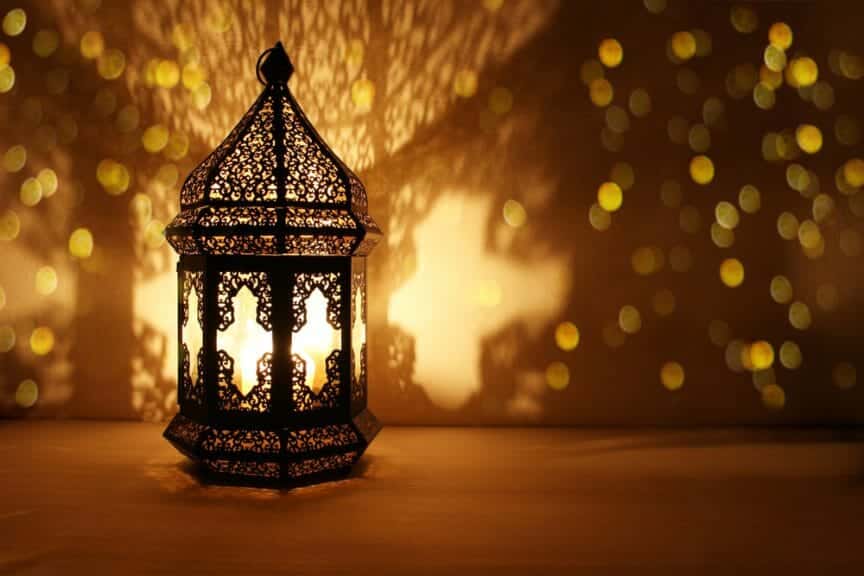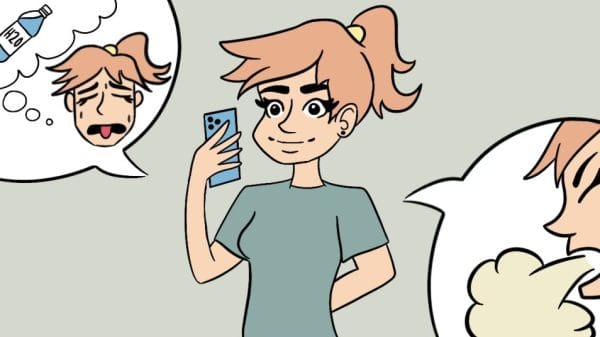Ramadan is an important and holy month in the Islamic calendar, where Muslims fast from dawn until sunset. It is a time of spiritual reflection, self-discipline, and self-improvement. For many young people, Ramadan is a transformative experience that improves their lives.
In this article, we will explore how Ramadan impacts the lives of young people, how it invites non-Muslims to participate, and the positive effects it has on the mind, body, and spirit.
Ramadan is a religious obligation and a time for Muslims to reflect on their lives and make positive changes. It is a time for self-discipline, charity, and spiritual growth. Young people who observe Ramadan can experience profound changes in their lives that can shape their personalities and positively impact their future.
A Time for Spiritual Reflection and Growth
Ramadan is a time for Muslims to connect with their spirituality and reflect on their relationship with Allah. Young people, in particular, can benefit significantly from this time of introspection. It allows one to reflect on their actions, beliefs, and goals. Through fasting and prayer, young people can deepen their connection with Allah, better understand their faith, and develop a stronger sense of purpose.
Ramadan also fosters a sense of community among Muslims. It is a time when families and friends come together to break their fasts and share meals. Young people can learn from the wisdom and experience of their elders and build stronger bonds with their peers. This sense of community can be a powerful source of support and encouragement, especially for those who may feel isolated or disconnected from their faith.
A Journey of Self-Discipline and Self-Improvement
Ramadan is not just a time for spiritual reflection but also a time for self-discipline and self-improvement. Through fasting, young people can learn to control their impulses and develop greater self-awareness. It is a time to practice self-restraint, patience, and perseverance.
Ramadan is not just for Muslims. It’s also a time for non-Muslims to learn about and understand the significance of this holy month. Many non-Muslims participate in Ramadan by fasting alongside their Muslim friends and colleagues. This act of solidarity is a powerful way to build bridges between different communities and foster greater understanding and respect. As well as this, it can also be used as a tool to refrain from bad habits and desires to better their life for the better.

In addition to fasting, Ramadan also encourages acts of charity and kindness. Young people can use this time to give back to their communities and positively impact the world. This can be through volunteering, donating to charity, or simply being kind to others.
Non-Muslims can also support their Muslim friends and colleagues during Ramadan by showing empathy and understanding. They can offer to help with tasks that may be challenging for those who are fasting, such as carrying heavy loads or preparing meals.
Reverts Celebrating Ramadan Alone
Reverts, or new Muslims, often celebrate Ramadan alone, without the support of their family or friends who may not be Muslim. This can be a challenging experience, but it can also be a time of personal growth and reflection.
For reverts celebrating Ramadan alone, it’s essential to have a strong support system. They can connect with other Muslims online or through local Islamic centers to find a community to share the experience. You can also use this time to learn more about their faith and deepen your understanding of Islam.
Reverts can use Ramadan as an opportunity to establish a routine for their spiritual practice. They can create a schedule for their daily prayers, Quran reading, and other forms of worship. This helps build a strong foundation for your faith and develop a sense of discipline.
However, Ramadan is not for perfection but for striving to be your best. If you are learning about the religion and don’t know how to pray, this month is a time to learn; it’s for progress, not perfection.
Ramadan is also an opportunity for reverts to reflect on their journey to Islam and how it has changed their lives. They can take this time to evaluate their actions and make changes to become better individuals.
The holy month offers a unique opportunity for people to reflect on their values and priorities and to make positive changes in their lives. By focusing on self-discipline, spiritual connection, and acts of kindness, this month can bring about transformational changes that can last beyond the end of Ramadan, which is the goal.













